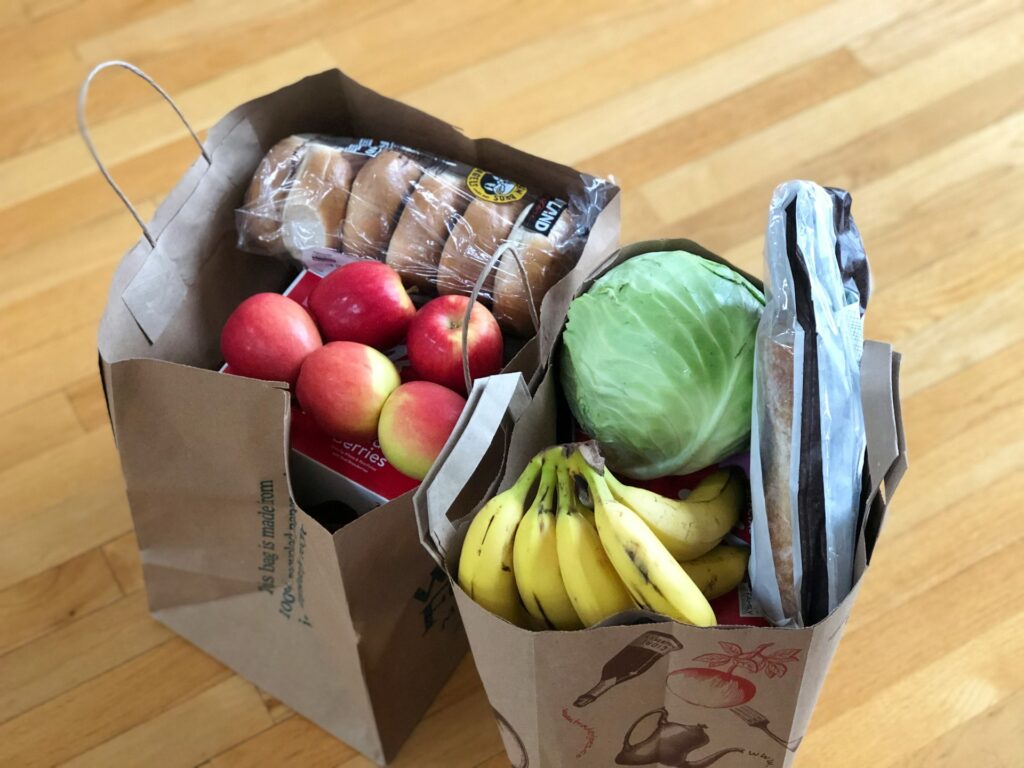Physical Address
304 North Cardinal St.
Dorchester Center, MA 02124
Physical Address
304 North Cardinal St.
Dorchester Center, MA 02124

Let’s be honest—staying focused on your finances can be hard. Life gets busy, expenses pop up out of nowhere, and sometimes the budget just doesn’t stretch the way we hoped it would.
One off-track month turns into two, and before you know it, your financial goals feel more like distant dreams than achievable targets, and you lose financial focus.
But don’t stress. It happens to the best of us. The good news? You don’t need a total financial overhaul to get back on track. Sometimes, all it takes is a few smart tweaks to refocus, re-energize, and regain your money momentum.
So if you’ve been feeling a little (or a lot) off course lately, here are 3 genius hacks to help you bounce back fast and get your finances moving in the right direction.
If your money mindset has gone rogue, start with a quick reset. This isn’t about shame or blame—it’s about getting grounded and reconnected to your goals.
Take a deep breath and step back from your daily money habits for just one day. No budgeting apps, no impulse spending, no stressing. Give your brain a financial break.

Ask yourself a few key questions:
Jot your answers down in a journal or the notes app on your phone. This simple reflection can shift your mindset instantly.
Based on your answers, set 1-2 small intentions for the week ahead. Keep them simple:
These bite-sized goals aren’t about perfection—they’re about momentum. They rebuild trust with yourself and help you feel in control again.
When full-on budgeting feels overwhelming (been there!), strip it down to the basics. A “mini budget” with just three categories can bring major clarity—and it’s crazy effective for short-term focus.
Create a weekly budget with only these 3 categories:

Forget the fancy breakdowns and detailed spreadsheets for now. This quick, three-bucket system lets you zoom in on what actually matters. Set a weekly cap for each category, and track as you go.
Bonus: It’s flexible! If you overspend in “Enjoyment,” you can adjust your “Essentials” (like using up pantry food) to balance things out. It’s budgeting made simple.
If your money goals are scattered across apps, notebooks, and mental to-do lists, it’s time to simplify and bring everything into one place.
Creating a personal money dashboard is like building a command center for your financial life. Think of it as a simple, at-a-glance snapshot that shows you exactly where you stand, what you’re working toward, and what needs your attention.
Here’s what your dashboard should include:
You can build your dashboard wherever it feels natural:
The format doesn’t matter—visibility does..
Commit to a 15-minute weekly check-in with yourself to update your dashboard.
It’s a tiny habit with a massive payoff: more clarity, more control, and more confidence with your money.
Want to take these money hacks even further? Once you’ve got the basics down, these quick wins can help you level up your financial game without feeling overwhelmed:
Small changes build powerful habits—and powerful habits build financial freedom.
Start where you are, use what you have, and watch what’s possible when you stay consistent.
Here’s the thing about managing money: It’s a lifelong journey, not a one-time fix. There will be dips in motivation, surprise expenses, and the occasional “oops” moment. That’s okay.
What matters most is that you notice when you’ve drifted—and you take action to get back on track. These genius hacks aren’t magic—they’re tools to help you realign with your goals, one step at a time.
Start with one. Then another. Build momentum slowly. You’ll be amazed at how quickly that “lost” financial focus turns into clarity, confidence, and control.
Budgeting is a crucial step to maintaining healthy finances. Here’s the ultimate step-by-step guide to building a budget that actually works.
You’ve got this. Let’s go!